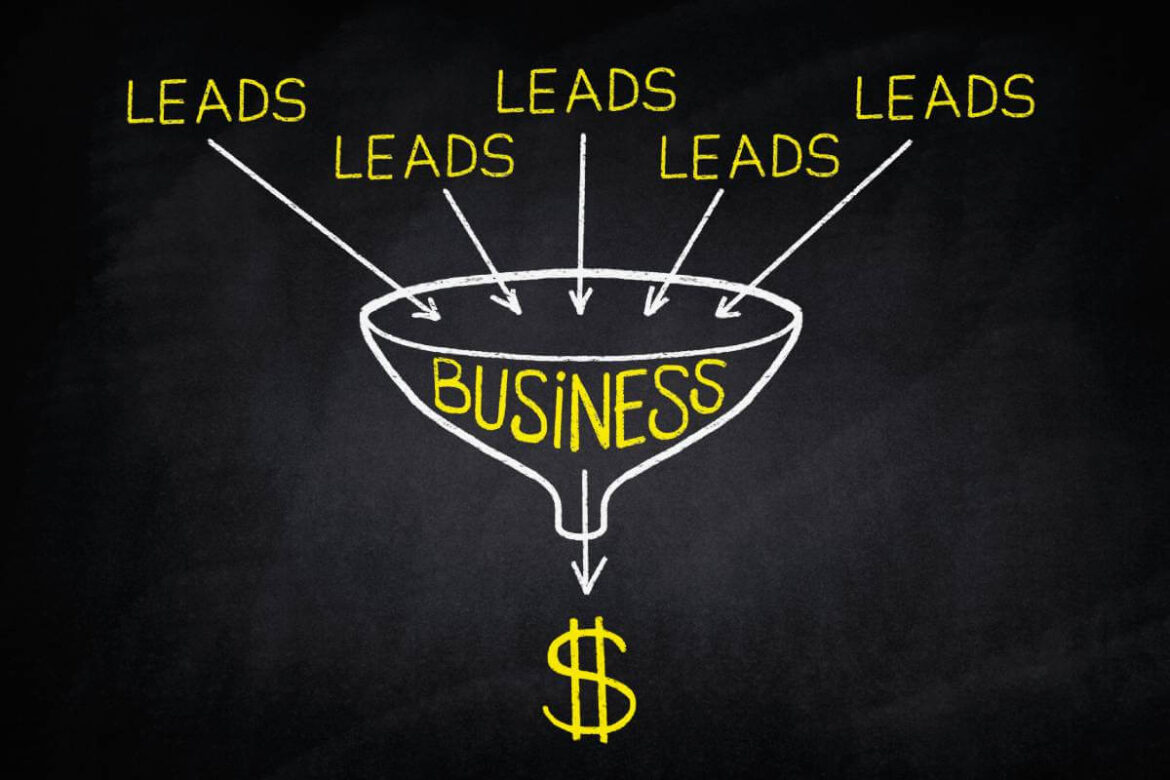Real estate lead generation is the lifeblood of the industry, connecting professionals with potential buyers and sellers. But what if there was a method to speed up this procedure significantly? And the answer is…AI!
Today, you can employ AI for real estate lead generation as a primary step in your approach. AI can provide faster, more accurate insights and personalized experiences that help you stand out. Using AI, real estate agents can access intelligent assistants that can rapidly analyze vast amounts of data, identify qualified prospects, and predict property preferences, allowing for more accurate decision-making. Moreover, AI automates repetitive duties, freeing professionals’ time to build relationships and provide exceptional service.
This blog will explore the potential of AI in real estate lead generation and how it can bring in a new era of efficiency and personalized experiences in real estate marketing.
Table of Contents
What Are Real Estate Leads?
A real estate lead is a potential buyer or seller who has indicated an interest in buying or selling a property and plays a critical role in successful transactions. Understanding real estate leads is critical for industry professionals to discover and interact with the right people. Real estate leads come in various forms, from website inquiries and referrals to open house attendees and social media interactions. Each lead is a chance to connect buyers with their ideal homes or sellers with interested parties.
Professionals should deeply understand lead generation components and gather relevant information such as contact details, property preferences, budget constraints, and timelines to navigate the real estate market effectively. It helps them tailor their approach toward a successful transaction.
How to Use AI for Real Estate Lead Generation?
In today’s marketing landscape, AI-powered lead-generation tools have become increasingly prevalent and effective, and marketers can leverage AI to enhance their efforts. If you want to use AI for real estate lead generation, follow the tips below:
Use existing assets
To generate more leads, optimize your website and landing page to capture visitor information; furthermore, you should use your email database to generate leads with targeted and personalized content. Engage with your social media followers through valuable content, and repurpose existing content into different formats, such as videos, infographics, or blog posts, to reach a wider audience and attract new leads.
After gathering marketing data, you can feed your AI tools. These data provide AI tools with a robust dataset for analyzing customer demographics, behaviors, preferences, and purchasing patterns. By applying machine learning algorithms, AI can identify hidden patterns within the data that may not be apparent to humans. Then, you can personalize your marketing messages and optimize your overall marketing strategies to generate more leads.
Personalize data
AI-based segmentation and profiling algorithms analyze lead data to categorize buyers and sellers based on preferences, enabling personalized targeting and marketing strategies. NLP-powered tools can analyze text data from customer inquiries, online reviews, and social media conversations to measure sentiment, extract essential information, and identify potential leads or trends in the market.
By leveraging AI, professionals can deliver tailored marketing messages and property recommendations to individual leads. This approach increases engagement and converts leads into clients.

Employ chatbots to streamline the buying process
You can employ chatbots as an effective strategy to streamline the buying process and enhance customer experiences. Chatbots provide automated assistance and real-time interactions, guiding customers through the buying process. AI-powered chatbots and virtual assistants can engage with website visitors, answer common questions, and capture lead information. They provide 24/7 support, qualifying leads and directing them to the right resources or team members.
Monitor and measure results
Regularly monitor and measure the impact of AI tools on your lead generation efforts. Track key performance indicators (KPIs) such as lead conversion rates, engagement metrics, and efficiency gains. This data will help you assess the success of the AI implementation and make informed decisions for future optimizations.
Analyze old data
Marketing is a dynamic process that requires continuous adaptation to meet evolving customer needs. AI can analyze past marketing campaigns and customer reactions for you to refine your strategies. AI’s data analysis capabilities enable you to proactively examine how visitors convert into leads, identifying patterns for successful lead generation.
It’s important to address challenges and considerations during the implementation process:
data privacy and compliance
When collecting, storing, and using real estate data, follow data protection rules such as GDPR or local privacy laws.
ethical implications
Promote transparency and fairness in AI algorithms, addressing potential biases or discriminatory outcomes. Regularly review and assess AI systems for ethical considerations.
human oversight
AI should serve as a tool to enhance the capabilities of real estate professionals rather than replace them.
Online Lead Generation Process
The online lead-generation process typically contains the following key components:
Lead capture
Businesses should employ lead-generation landing pages to capture site visitors’ contact information and email addresses to create further engagement.
Lead magnets
Lead magnets are the information or incentives companies offer website visitors in return for their contact information.
Lead qualification
Agents analyze the collected lead information to evaluate the likelihood of a prospect making a purchase, helping select and focus on the most promising leads.
Lead segmentation
Qualified leads can be segmented based on their personas, characteristics, and level of engagement. This segmentation enables targeted and personalized marketing approaches.
Examples of AI Tools For Real Estate Marketers
Several AI tools are available specifically designed to assist real estate marketers in their efforts. Here are a few notable examples:
| Platform | Function |
| LeadSherpa | It uses AI algorithms to automate lead qualification, lead nurturing, and follow-up processes |
| Roof AI | It is a chatbot platform specifically designed for real estate that integrates with websites, social media platforms, and messaging apps to engage with potential buyers and sellers. Roof Ai’s chatbots can answer property-related questions, capture lead information, and schedule appointments, providing 24/7 support and freeing up valuable time for real estate marketers. |
| Realeflow | It provides lead capture, email marketing automation, and CRM integration features. |
| Homie | This virtual home buying assistant can communicate with clients, answer their questions, and help them during homebuying. |
Conclusion
AI has revolutionized real estate lead generation and provides efficient data analysis and automated processes to improve customer interactions. AI can analyze market trends, predict customer behavior, and streamline operations to help agents make informed decisions and focus on building relationships. While AI enhances efficiency and accuracy, human expertise remains crucial to establishing trust and personalized experiences. If you want to increase growth and success in your business, consider using AI for real estate lead generation.FAQ
AI technology is so affordable, and many AI platforms offer flexible pricing models and scalable solutions, allowing agents and agencies to choose the tools that best suit their budget and specific needs.
AI technology is affordable, and many AI platforms offer flexible pricing models and scalable solutions, allowing agents and agencies to choose the tools that best suit their budgets and specific needs.


